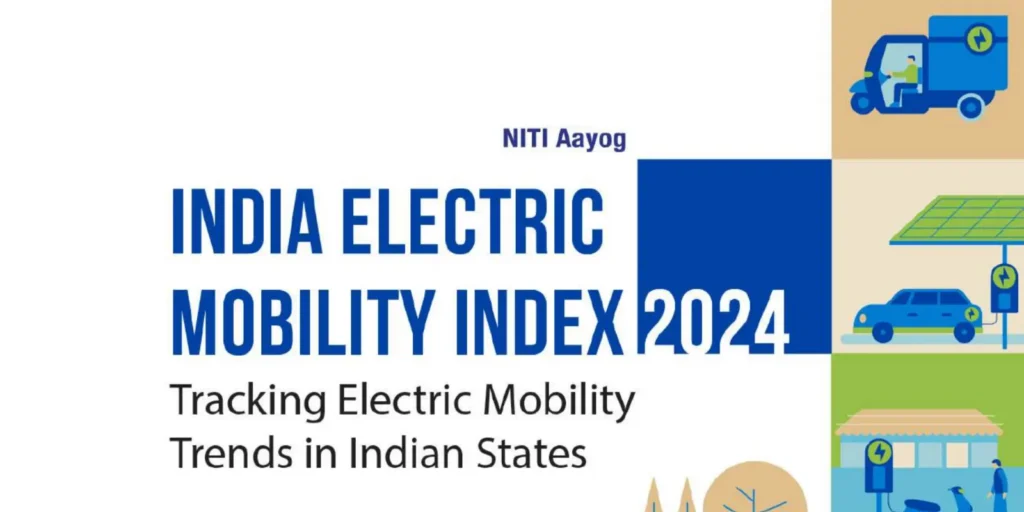
Despite economic challenges, major companies like AstraZeneca, Deloitte, and Barclays are continuing their shift to electric vehicles (EVs).
A recent report from the Climate Group’s EV100 initiative highlights that nearly 70% of its members are staying on track to fully electrify their fleets by 2030.
Over the past year, EV100 companies added 127,000 EVs to their fleets, bringing the total count to over 700,000 EVs across 76 markets.
The initiative now covers 130 markets, including new commitments in Ethiopia, Kenya, and Uzbekistan.
Businesses Making Major Progress
Several corporations have already achieved key milestones. 20 EV100 members, including Aviva, Capgemini, and Costain, have converted at least 50% of their pledged fleets to electric.
To support EV adoption, these companies have installed EV charging infrastructure at 4,277 locations worldwide. This ensures easier access to charging for employees and customers.
Electric Trucks Gaining Momentum
The transition to EVs is not limited to passenger vehicles. The medium- and heavy-duty vehicle segment is also evolving. Members of EV100+, a specialized group focusing on larger vehicles, have deployed nearly 400 electric trucks. This shift signals growing confidence in zero-emission logistics.
The Need for Government Support
While businesses are driving EV adoption, policy support is crucial to accelerate progress. Dominic Phinn, Head of Transport at Climate Group, emphasized:
“Companies are leading the charge towards a cleaner, healthier transport future. But for businesses to continue their EV transitions, policymakers must create the right conditions—urgently.”
Governments worldwide need to provide better incentives, charging infrastructure, and supportive regulations to help companies meet their 2030 electrification goals.
Also Read: 250 Miles of EV Range in Just 5 Minutes With BYD Super e-Platform
Corporate Travel Emissions Drop by One-Third Since 2019
New research shows that corporate air travel by major global companies has fallen by 34% between 2019 and 2023. This trend reflects a growing shift towards sustainable travel practices and cost efficiency.
The findings come from the latest Travel Smart Ranking, which evaluates 326 companies across the US, Europe, and India based on air travel emissions, reduction targets, and transparency.
Many Companies Still Lack Emission Targets
Despite overall progress, 44% of ranked companies still lack concrete targets for cutting travel-related emissions. According to the report, the top 25 corporate polluters produce 6.9 million tons of CO2 annually—equivalent to 48,000 flights from Paris to New York or 1.3 times Belgium’s yearly aviation emissions.
Setting Targets Leads to Bigger Reductions
The study highlights that businesses with clear travel reduction targets achieve greater emission cuts:
- Companies with air travel targets: 48% reduction in emissions.
- Companies with general sustainability targets: 41% reduction in emissions.
- Companies with no targets: Only 28% reduction in emissions.
This data confirms that setting specific goals leads to stronger environmental action.
Call for High Polluters to Step Up
Denise Auclair, Head of Travel Smart, emphasized the importance of purposeful business travel:
“Many companies are successfully reducing flights while staying competitive. But high polluters without targets must step up. Cutting business travel emissions is one of the fastest ways to meet sustainability goals and attract top talent.”
Also Read: EVIQ Opens First Highway EV Charging Station in Saudi Arabia
Conclusion
Global corporations are moving forward with EV adoption, despite economic and supply chain challenges. With continued investment in fleet electrification and charging networks, businesses are paving the way for a sustainable transport future.
However, stronger government policies are needed to maintain this momentum and accelerate the global EV transition.
Corporate travel is decreasing, but companies without targets risk slowing global progress. As sustainability becomes a key business priority, reducing unnecessary air travel can help firms lower costs, cut emissions, and enhance their corporate reputation.
Source: edie



